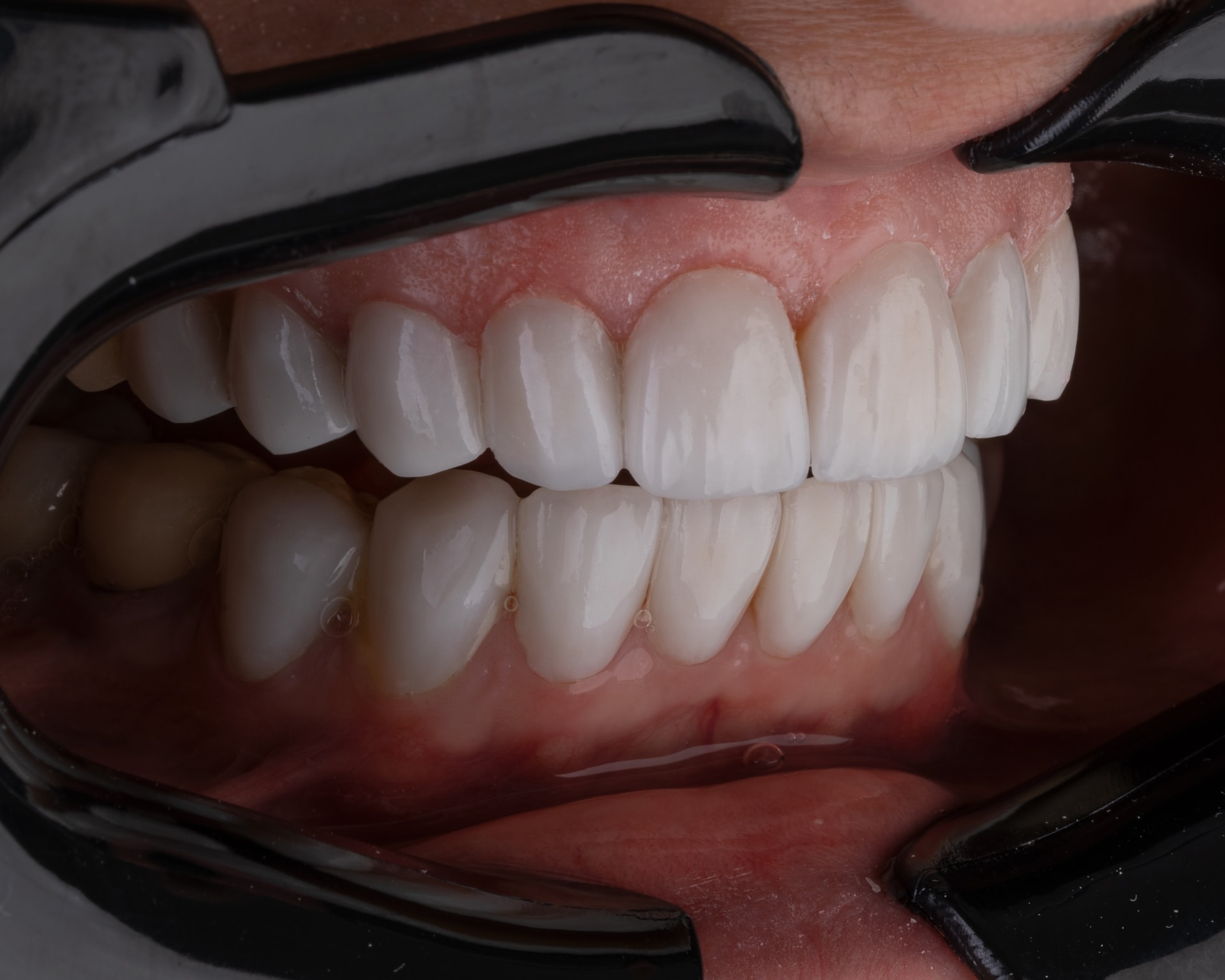
04 Sep Why You Need Your Tooth Enamel
Tooth enamel is stronger than bone, but it is not invincible. Many things can damage it, like plaque buildup, acidic drinks, teeth grinding, and injuries. And since tooth enamel does not grow back, you need to take good care of it.
While brushing and flossing are a great start, they are not the only way to protect your tooth enamel. Here’s why your tooth enamel is so important, and what you can do to prevent enamel erosion.
Why Is Tooth Enamel So Important?
The inner structures of the tooth are softer than the enamel by a considerable amount. The tooth enamel protects the nerves, pulp, and blood vessels inside the tooth from pain and infections.
Eroding enamel exposes the inner structures of your tooth to the air, to foods and drinks, and to cavity-causing bacteria. This can lead to problems like tooth decay, abscesses, infections, and tooth sensitivity.
Without strong enamel, your teeth are vulnerable to all kinds of dental problems that can cause discomfort and pain. They will also start to look more yellow as the enamel grows thinner and exposes the darker pulp underneath.
What Causes Enamel Erosion?
- General Wear and Tear – As we age the enamel on our teeth slowly wears away, like a stone in a river.
- Genetics – Different genetics may cause people to start with thinner enamel, making normal wear and tear a bigger problem than for others.
- Acid Reflux / Vomiting Often – Those who struggle with health issues that can lead to vomiting or acid reflux (like gastrointestinal trouble, depression, anxiety, and bulimia) are more likely to suffer from enamel loss. Stomach acids can break down enamel and cause tooth decay at a faster rate.
- Dry Mouth – Saliva helps break down and wash away food particles and bacteria. Any that is left behind can wear away enamel.
- Grinding or Clenching – Also known as bruxism, grinding your teeth or clenching your jaw can damage enamel by putting added pressure and friction on the top layer of your teeth.
- Diet – What we eat and drink can have effects on our oral health. Acidic, sugary, and starchy foods can damage enamel if not balanced with other foods.
Tooth Enamel Will Not Grow Back
Enamel does not grow or mend like bones do. There is no way to regrow enamel once it is gone. If you lose enough enamel, you could need a crown to protect the rest of your tooth.
Constant wear and tear make it easy to damage your tooth enamel. Over your lifetime, it will gradually grow thinner. But even though it cannot be regrown after it’s gone, weak tooth enamel can be strengthened.
How to Protect Your Tooth Enamel:
- Brush and floss every day.
- Ask for a fluoride treatment at the dentist to help build stronger enamel.
- Use toothpaste and mouthwash with fluoride. If you have damaged tooth enamel, your dentist can give you a prescription-strength fluoride toothpaste.
- Avoid acidic foods and drinks like citrus fruit and coffee.
- Drink plenty of water to assist with remineralization.
- Wear a mouthguard at night to prevent teeth grinding. Your dentist can fit you with a comfortable, custom-made mouthguard if you grind your teeth while you sleep.
- Seek medical help for any psychological or physical ailments that cause vomiting or acid reflux.
Best Dental Care in Prescott, Arizona
Visiting a dentist twice a year for a cleaning and exam is the best way to keep your mouth healthy and your teeth strong. If you have weak enamel, your teeth might start feeling sensitive to hot or cold, or you might notice that they look yellower than before.
The team at Hicks Dental Group is ready to help you achieve the smile of your dreams. From preventive care like fluoride treatments to cosmetic repairs, we can help you protect your enamel from further damage. Contact us today to schedule an appointment.
Images used under creative commons license – commercial use (9/4/23). Photo by Kamal Hoseinianzade on Unsplash.

